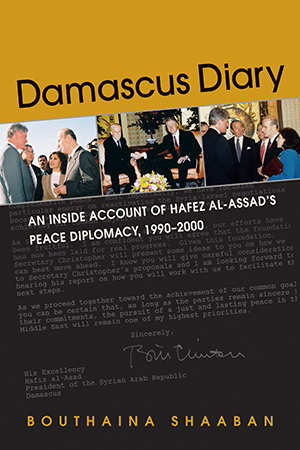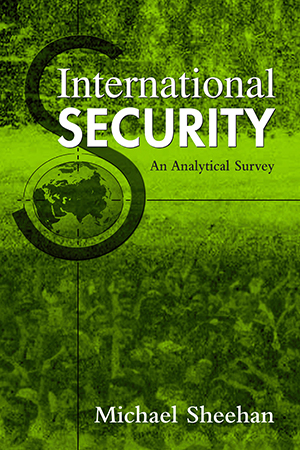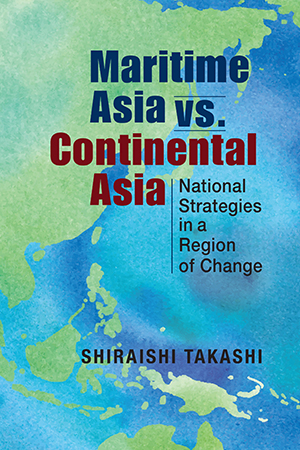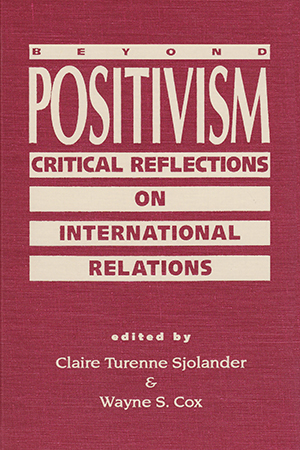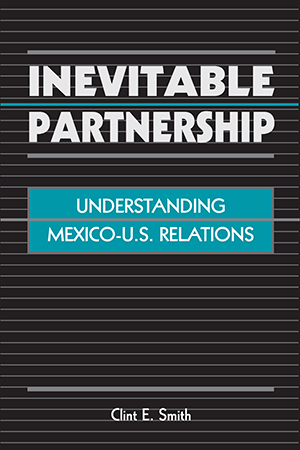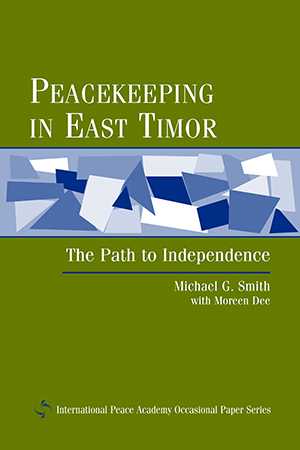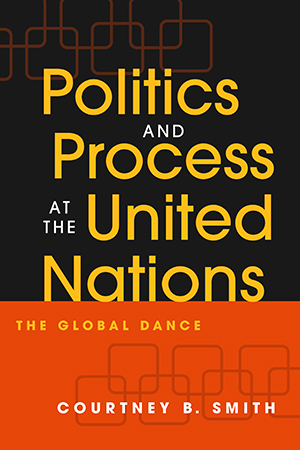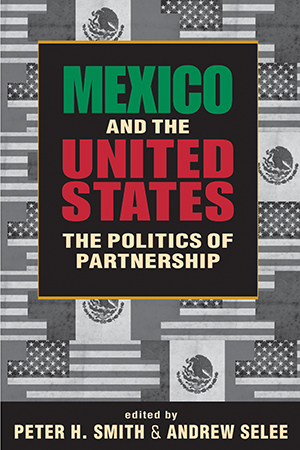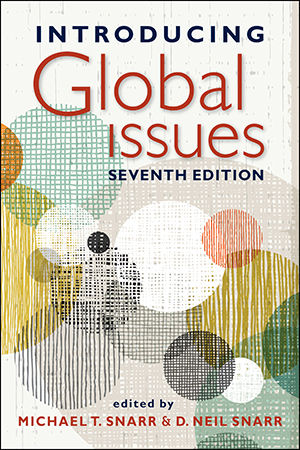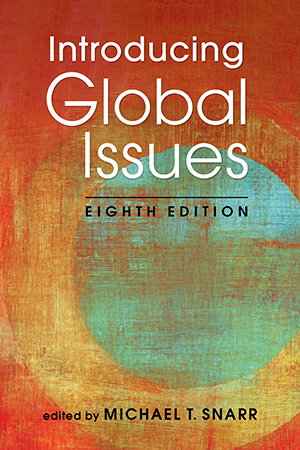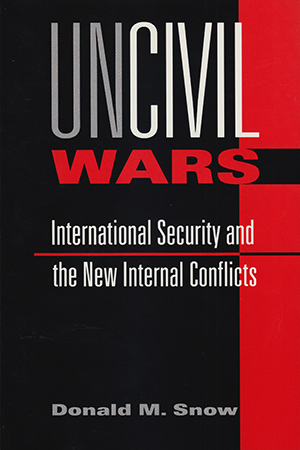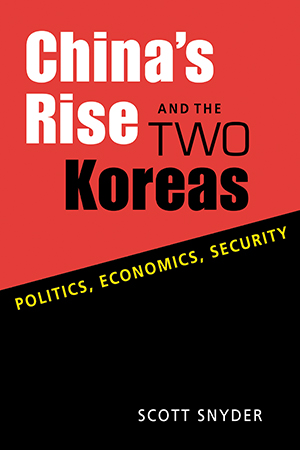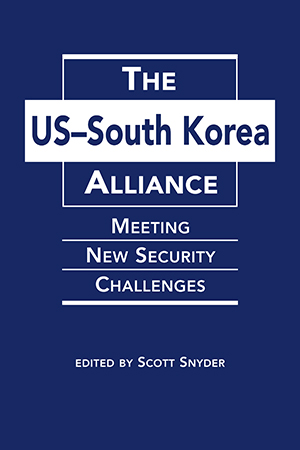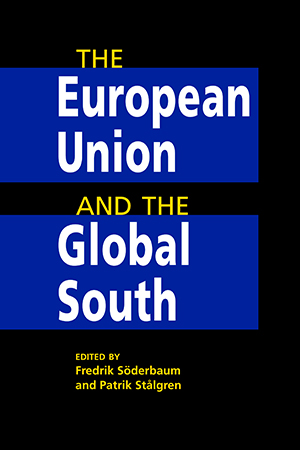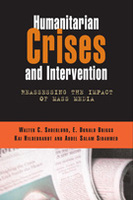International Relations (all books)
Bouthaina Shaaban worked closely with Syria's president Hafez al-Assad from 1990 until the time of his death, serving as both official interpreter and adviser. Her new book, part memoir More >
Michael Sheehan provides a masterly survey of the varied positions that scholars have adopted in interpreting "security"—one of the most contested terms in international More >
Shiraishi Takashi reflects on the diplomatic challenges facing the countries of Asia in today's geopolitical order, exploring historical context, long-term trends, and current More >
The metatheoretical debates between positivists and postpositivists that characterized the development of IR theory during the 1980s left at least one major question unanswered: what does More >
This concise, accessible volume astutely describes the complex Mexico-U.S. relationship from the beginning of the nineteenth century through the end of the twentieth. Smith begins with a More >
The UN intervention in East Timor amply illustrates the type of complex operation that the United Nations increasingly is being asked to undertake. Michael Smith analyzes the successes and More >
How does the United Nations actually work? How does it reconcile the diverse interests of 191 sovereign member states—plus those of the multinational corporations that lobby it, the More >
What are the strengths and weaknesses of the partnership between Mexico and the United States? What might be done to improve it? Exploring both policy and process, and ranging from issues of More >
The half-decade since the 6th edition of Introducing Global Issues appeared has seen enormous changes in the international arena, perhaps most notably a move away from multilateral More >
Skillfully designed for readers with little or no prior knowledge of the topics covered, this thoroughly updated edition of Introducing Global Issues both introduces and helps students to More >
UnCivil Wars examines the new pattern of internal, or civil, war that has emerged in the post-Cold War world. Donald Snow points out that the new internal wars tend to occur in the least More >
Choice Outstanding Academic Book! With China now South Korea's number one trading partner and destination for foreign investment and tourism, what are the implications for politics More >
How can the United States and South Korea best cooperate to address new security challenges? Can the US-ROK alliance serve to advance South Korea's interests and at the same time help More >
Choice Outstanding Academic Book! The development of coherent and effective relations with other regions and countries is one of the most challenging tasks faced by the European Union. More >
Why has the international community been unwilling, time and time again, to address the humanitarian crises that have killed millions of people in postcolonial states and forced many More >


